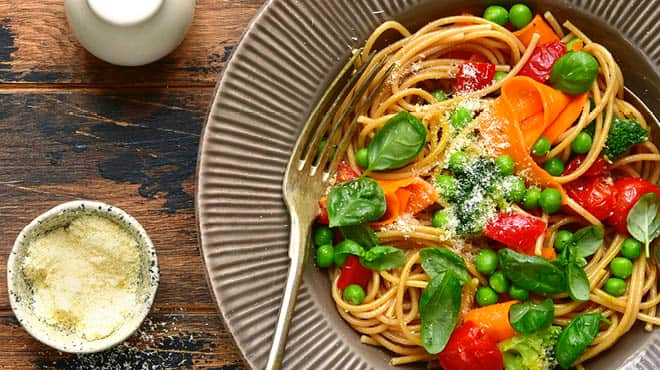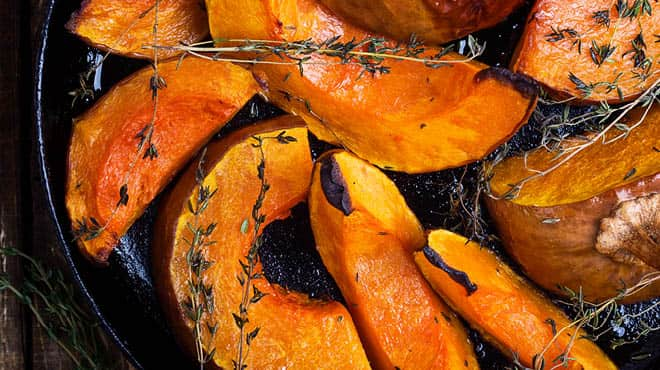Recent Posts
-
 Speaking of HealthNourishing your health: Diet and nutrition factors for cancer preventionAugust 02, 2024
Speaking of HealthNourishing your health: Diet and nutrition factors for cancer preventionAugust 02, 2024 -

-

Nutrition is important to your training routine

Training for any sporting event takes dedication and focus. You must prepare your body for exertion and intense physical activity. Part of your training undoubtedly involves lifting and running. But to achieve the best results, it's important to remember proper nutrition too.
Nutrition is important to your preparation because it provides you with the fuel needed to achieve optimal performance.
Here are some nutrition tips to keep in mind while you're getting ready for a running race:
To meet nutrition goals on a daily basis:
- Eat at least three kinds of food at each meal, preferably consisting of fruit, lean protein, vegetables and whole grains.
- Eat every three to five hours, and avoid crescendo eating, which is eating a small breakfast and consuming progressively larger portions by the end of the day.
- Stay well hydrated with the goal of drinking eight to 10 8-ounce glasses of fluid per day.
During training sessions and on race day, focus on these tips:
- Learn how much pre-exercise food you can eat and still exercise comfortably.
- On long runs, remember to drink every 15 to 20 minutes to maintain hydration.
- If running longer than 60 to 90 consecutive minutes, you need to replace fluid and carbohydrates.
- Don't let yourself get too thirsty — it's a sign of dehydration. Also, don't let yourself drink too much as a full stomach impairs performance. Too much fluid may also lead to a condition called hyponatremia, so consider using a drinking schedule of 4 to 8 ounces every 15 to 20 minutes.
- When running longer than one hour, the body needs adequate carbohydrate to function at maximum capacity. On average, runners need 30 to 60 grams of carbohydrate an hour after the start of their run and with each additional hour of activity. Consider these popular snacks and beverages for long distance running:
- Dried fruit, bagels, pretzels, bananas, sugar cookies, honey sticks, diluted juice, candy, sports drinks, sweetened ice tea, iced coffee with sugar and squeeze-pack yogurt.
- Aim to eat within 15 to 30 minutes after exercise for recovery. Focus on foods that provide carbohydrate and some protein, such as cereal, yogurt, fruit or fruits smoothies, peanut butter and crackers, chocolate milk, low-fat cottage cheese and fruit, and small sandwiches or wraps.
Remember that everybody is different and has different needs. Be sure to seek individual nutrition counseling if you're experiencing difficulty meeting your goals.
As you get ready to challenge your body and mind with a running race, be sure to factor in proper nutrition. Healthy eating and proper refueling will help give you the edge you need to perform at your highest level.



